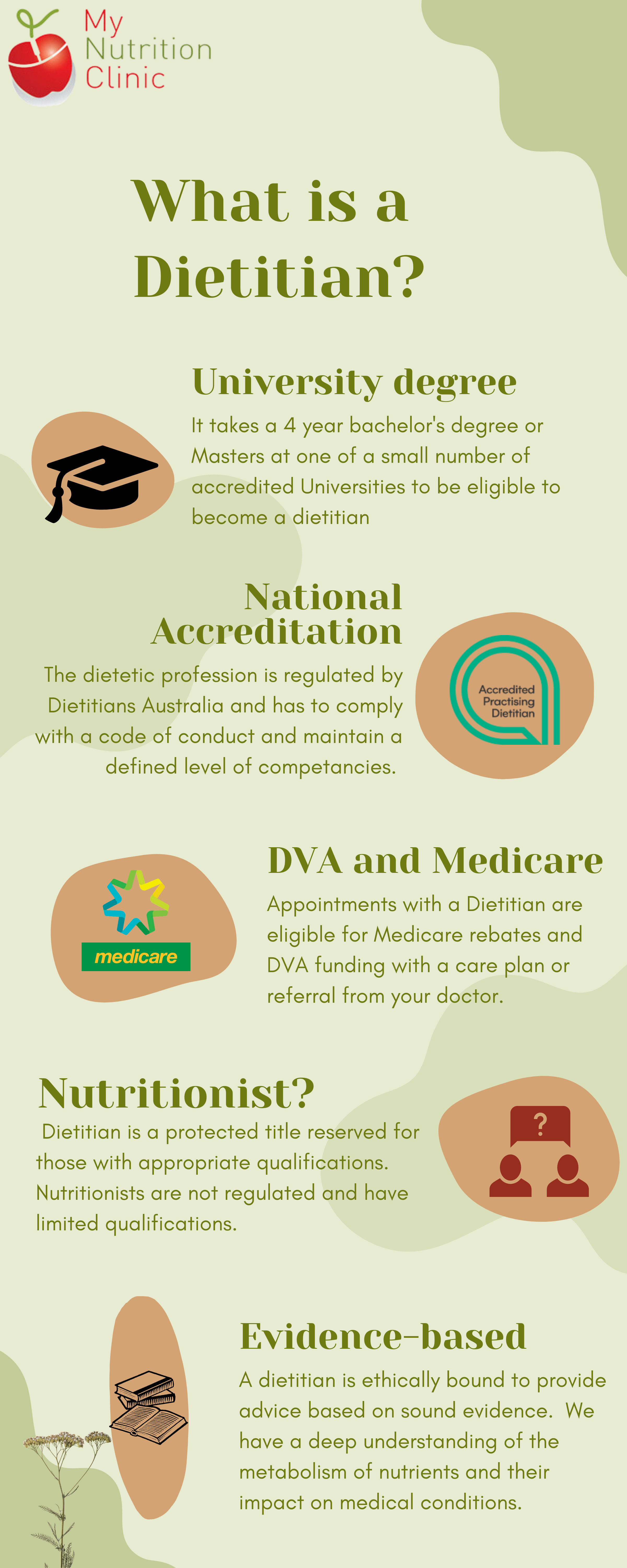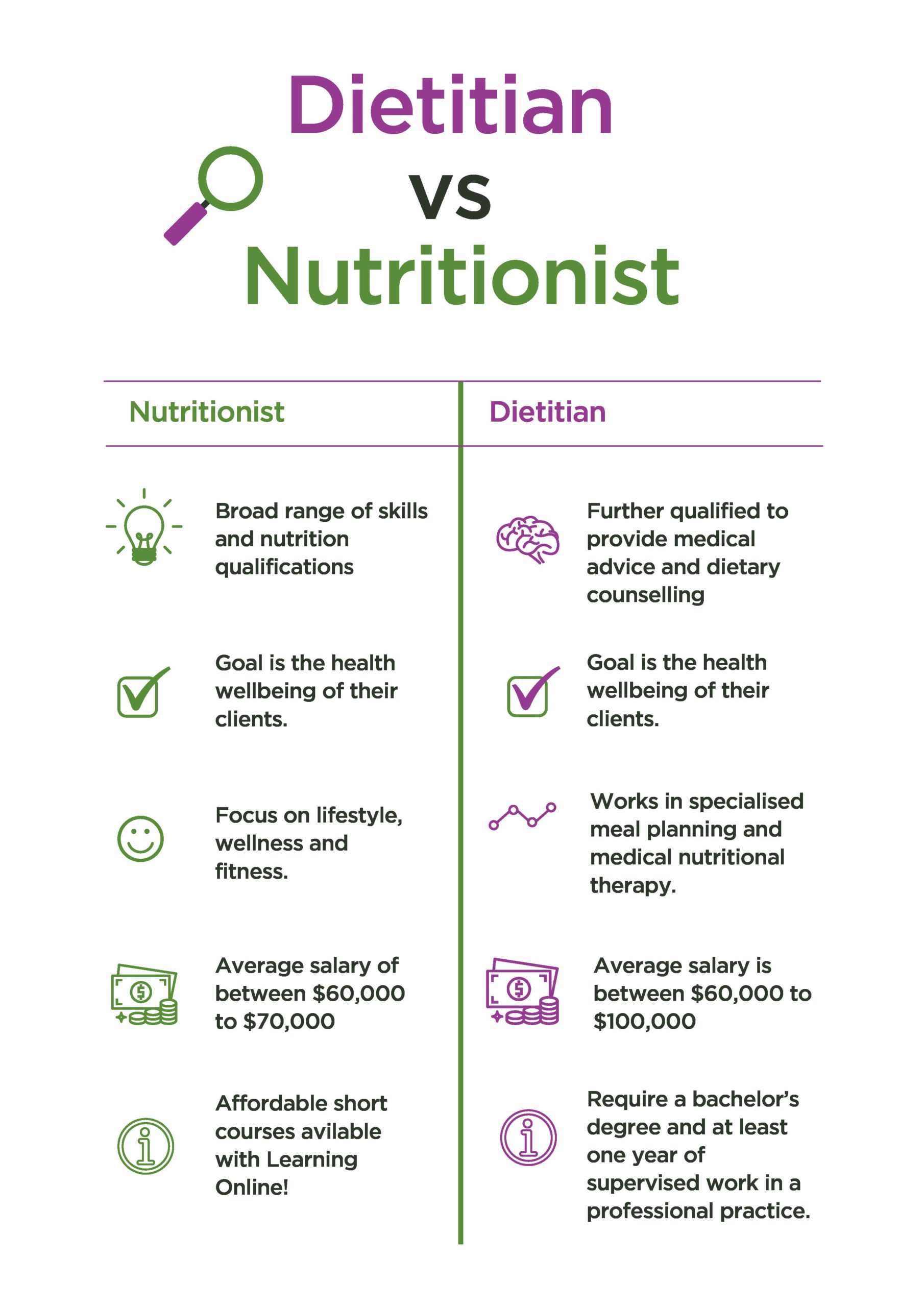All Categories
Featured
Table of Contents
The sorts of Nutritional experts are: and. The former are those people that utilize the clinical technique to examine nutrients, both as specific substances and as they engage in food and nutrition while the last are specialists who help in detecting the nutritional problems of communities and in finding remedies to those issues.
: They collaborate with health cares and global health and wellness organizations.: They are accountable for massive food planning and service.: They are specialists in nourishment and aging. They are Board accredited in Gerontological Nourishment with the American Dietetic Association.: They are primarily included with dietary relevant research in the professional aspect of nutrition in condition states, public element on primary, additional and occasionally tertiary health and wellness avoidance and foodservice element in problems involving the food prepared for individuals.
What Does Digestive Health Nutrition Cost?
, and newspapers-- either as a specialist visitor point of view, normal columnist or visitor, or for source, restaurant, or recipe development and critique.: These job under personal method. As explained over, all dietitians are nutritional experts however not all nutritionists have the qualifications and qualifications to be called dietitians.
This implies specifically the same thing as Registered Dietitian (RD), a term that has actually remained in use for a long period of time. All RDs are RDNs however some pick to call themselves that and some do not. Additionally making complex matters are permit needs. While accreditation to end up being an RD or RDN is controlled by the Academy of Nutrition and Dietetics a national company licensure is controlled by private states.

In order to supply clinical nutrition treatment and certify as companies for insurance provider, a dietitian must be certified by the state. According to the Bureau of Labor Data, the need for dietitians and nutritional experts is anticipated to increase by 20% in between 2010 and 2020 this is a much faster growth rate than the average for all professions.
What Is The Best Accredited Sports Nutritionist Service?
There are considerable differences in payment based on expertise, with Professional Pediatric Dietitians and Dairy Nutritionists balancing around $90,000. In 2014, The Bureau of Labor Stats (BLS) discovered that the leading 10% of dietitians and nutritionists gain even more than $79,000, and the bottom 10% less than $36,000 - Professional Nutritionist. A mean hourly wage of $27.62 was computed for both sectors, with the leading 10% earning above $38.00 per hour, and the bottom 10% earning below $17.00 per hour

There is a variety of tasks offered in different atmospheres for those who desire to work with the public, as well as for those who prefer more research-focused employment. Several enter into among these fields in order to aid individuals live healthier lives which can be exceptionally fulfilling.
- Hands Down the Best in Wanneroo
- The Top Pick for in Serpentine-Jarrahdale
- Recommended around Wanneroo
With existing stats that one-third of the U.S. population is overweight, as well as a large number of senior united state homeowners, dietitians and nutritional experts are most likely to have an extra comprehensive role in the future. My Plan places dietitians and nutritional experts at # 53 in their happiness index of top 300 careers with the highest task complete satisfaction scores.
In enhancement to participating in a recognized program, many states call for dietitians to be accredited or to have professional accreditation, or both.
What Is The Best Vegan Nutritionist Software?
It's essential to note that starting Jan. 1, 2024, you'll additionally need to hold a master's degree to earn an RD/RDN credential. Typical bachelor's degrees for dietitians consist of professional nutrition, dietetics, and public health. Your core courses might consist of: Food science Chemistry Wellness care policy Clinical nourishment Biostatistics Microbiology Food solution monitoring You'll additionally require to complete a dietetic teaching fellowship.

Whether composed in regulation or not, dietitians and nutritionists several times require a similar education. Usual bachelor's degrees for nutritionists consist of nourishment scientific research or a relevant discipline, such as dietetics, kinesiology, food system management, or biochemistry and biology.
The number of hours you'll require may rely on needs in the state where you'll work. Whether you plan to earn a credential or not, it's a great concept to finish at the very least one teaching fellowship to obtain important experience prior to seeking a full-time role. Licensing and qualification demands for nutritionists and dietitians differ from state to state.
What Is The Best Athletic Performance Nutrition?
A professional qualification demonstrates your proficiency and understanding in your area. Right here are the leading certifications for dietitians and nutritional experts.
The titles are essentially the same. There's no expert difference between them, and you're cost-free to choose which one you wish to utilize based on personal preference. To take the certification exam, you must: Make a bachelor's degree that's approved by the ACEND Complete a dietetics teaching fellowship After Jan. 1, 2024, you'll need to earn a master's degree to get the qualification.
Who Has The Best Intuitive Eating Nutritionist?
Bureau of Labor Stats places dietitians and nutritional experts in the exact same group and states they make a typical annual income of $69,680. There is a variety in incomes, with the lower 10% around $44,910 and the top 10% around $98,830, according to the BLS. Nutritional expert and dietitian duties are anticipated to grow 6.6% via 2032, according to the BLS.
This doesn't mean that one occupation is exceptional to the other, as they both have various features and qualifications that might occasionally overlap. If you wish to find out even more regarding what makes these occupations distinctive, maintain reading. Diet professionals are specialists who assist boost the top quality of life through healthy and balanced food selections.
What Do I Need To Know To Hire A Meal Planning?
Nutritional expert guidance regarding nutrition's influence on health. They aid individuals embrace healthier ways of consuming and produce customised strategies based on goals. Their solutions consist of nutritional analysis and therapy, dish preparation and creating healthy and balanced consuming programs. Some have formal education and learning and credentials, others may have more fundamental certifications. The area is less regulated than diet professionals; thus, nutritionists' levels of proficiency and qualifications can differ.
There are a number of differences between diet professionals and nutritionists. Right here are the training and history specifications. Diet professionals normally hold a bachelor's level in dietetics, nutrition, or an associated field. As their careers advancement, numerous diet professionals pursue postgraduate degrees, like a Master's or Doctorate, to specialise in specific locations of nourishment. Diet professionals have to carry out monitored sensible training as component of their education to acquire hands-on experience in medical settings, community nourishment programs, or food service management.
Latest Posts
Professional Bootcamp Classes Near Me – Beldon WA
Comprehensive Training Sessions Near Me – Beldon
Expert Group Classes Near Me